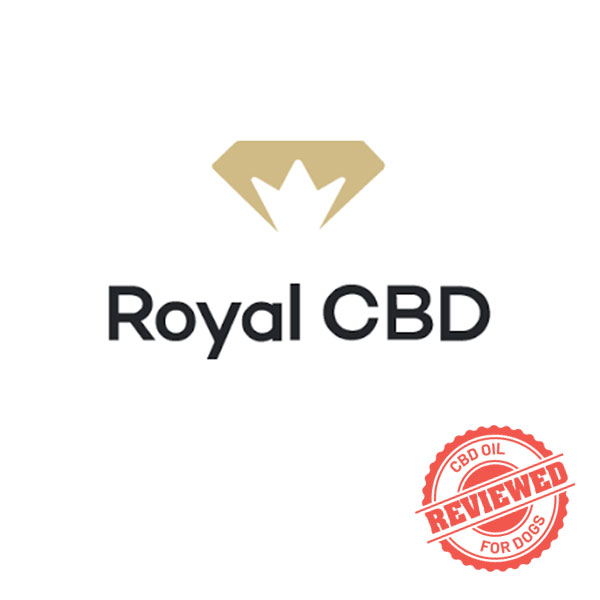Like humans, some dogs experience seizures from time to time; some will have certain triggers that cause them to seizure, while others are diagnosed with a broader epilepsy condition. No matter the type or frequency of seizure, though, all dog owners have the same question—what can I do to care for my dog? This post looks into the best available answers!
Quick Questions:
How do you stop a dog from having seizures?
Find their triggers
According to MetroVet, up to 75 percent of owners believe that there dog’s seizures have triggers. Therefore, it stands to reason that a key way of controlling seizures in dogs is to find and control those triggers.
Triggers might be obvious (if your dog has a seizure every time there’s a loud bang, for example). Or, finding triggers might mean careful observation over time—even keeping a record book of how and when seizures occur, to help spot patterns and clues.
It’s also thought by some owners that lunar phases, and particularly the full moon, coincides with an increase in seizures in dogs (though studies have been unable to prove this).
Whatever the trigger for a seizure, it is a misconception that triggers can bring on seizures in dogs that do not already have epilepsy or sensitivity to seizures. Rather, triggers make seizures more likely in dogs that are prone to them in the first place.
Supplement their diet
The popular ketogenic diet has recently been linked to benefits for seizure-prone dogs. A 2015 study from the British Journal of Nutrition found that a diet of triacylglycerols—such as is found in good quality fat and protein (and in diets like keto), helps dogs to enter ketosis and prevent seizures as a result. In the study, twenty-one dogs with epilepsy were given the diet. Three were judged to completely recover from seizures completely, while another seven experienced at 50 percent drop in seizure frequency, while they were eating the keto diet.
While these results seem quite extreme, and may not be able to be replicated in most homes, Fatty acids, in general, are always welcome in a dog’s diet. Hemp seed oil is a particularly great supplement for this purpose, as a rich source of omega 3 and omega 6 oils.
Keep their environment toxin-free
There are a number of ingredients and additives that are completely safe for humans, yet when ingested by dogs, they cause an array of harmful effects—including seizures.



